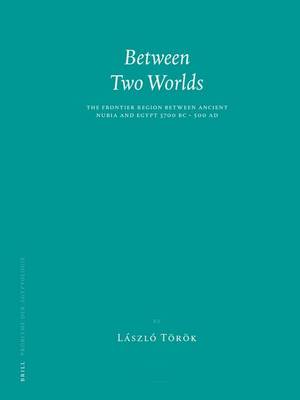Probleme der AEgyptologie
1 primary work
Book 29
The Egyptological literature usually belittles or ignores the political and intellectual initiative and success of the Nubian Twenty-Fifth Dynasty in the reunification of Egypt, while students of Nubian history frequently ignore or misunderstand the impact of Egyptian ideas on the cultural developments in pre- and post-Twenty-Fifth-Dynasty Nubia. This book re-assesses the textual and archaeological evidence concerning the interaction between Egypt and the polities emerging in Upper Nubia between the Late Neolithic period and 500 AD. The investigation is carried out, however, from the special viewpoint of the political, social, economic, religious and cultural history of the frontier region between Egypt and Nubia and not from the traditional viewpoint of the direct interaction between Egypt and the successive Nubian kingdoms of Kerma, Napata and Meroe. The result is a new picture of the bipolar acculturation processes occurring in the frontier region of Lower Nubia in particular and in the Upper Nubian centres, in general. The much-debated issue of social and cultural "Egyptianization" is also re-assessed.
"...this is a valuable and up-to-date presentation of a huge body of the author's work, interweaving more general synthesis and compilation of scholarship."
David N. Edwards, University of Leicester
"This book is a masterpiece! A well of wisdom and information! It is fluently written, analyzing every aspect of Nubia's relations with Egypt and much more. This book should be in every library focused on Ancient Nubia."
Dan'el Kahn, University of Haifa, Israel
"...this is a valuable and up-to-date presentation of a huge body of the author's work, interweaving more general synthesis and compilation of scholarship."
David N. Edwards, University of Leicester
"This book is a masterpiece! A well of wisdom and information! It is fluently written, analyzing every aspect of Nubia's relations with Egypt and much more. This book should be in every library focused on Ancient Nubia."
Dan'el Kahn, University of Haifa, Israel
